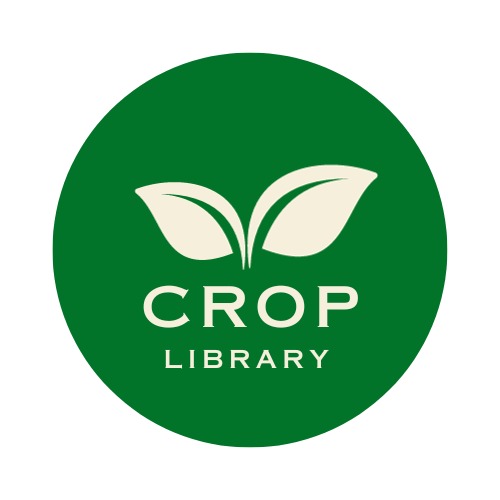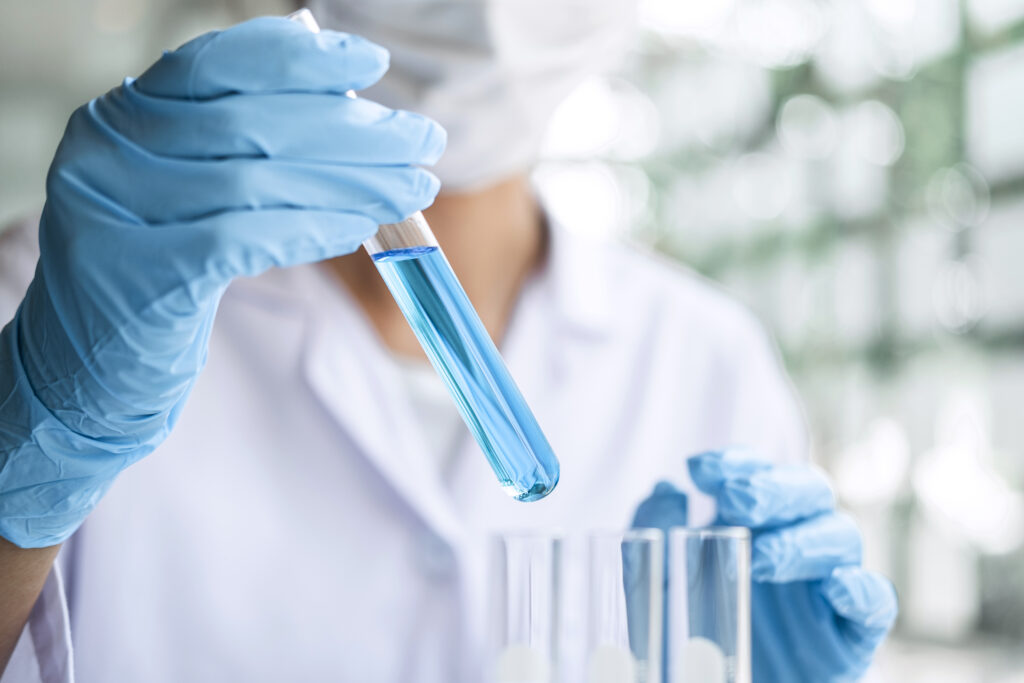Principles for Cloning of Nucleic Acids in Plants
Cloning of nucleic acids in plants is a cornerstone of plant molecular biology, enabling researchers to manipulate and study specific genes to unravel their functions and roles in plant development, stress responses, and metabolic pathways. This process involves isolating, amplifying, and inserting DNA or RNA fragments into suitable vectors, which are subsequently introduced into plant […]
Principles for Cloning of Nucleic Acids in Plants Read Post »

